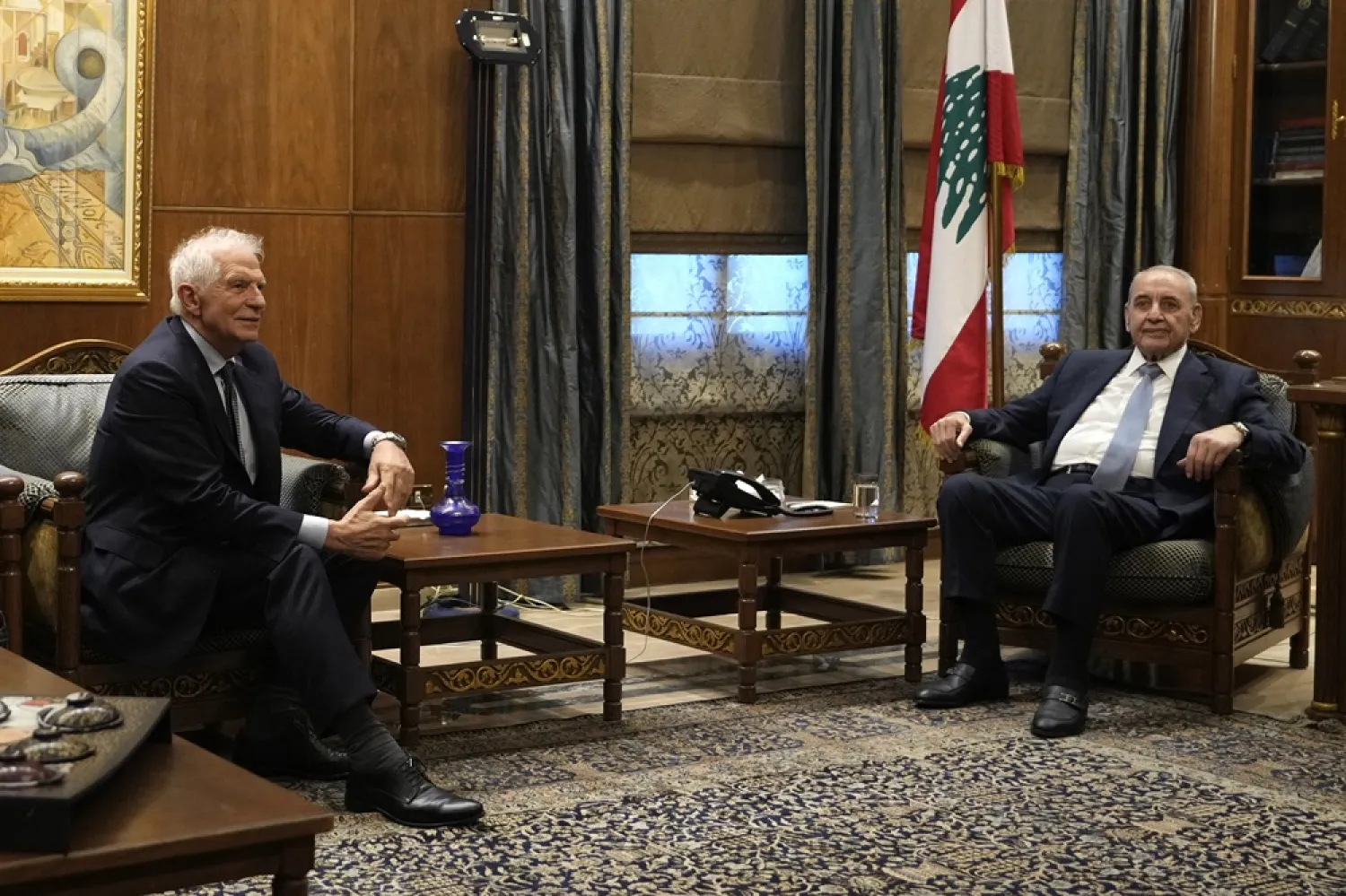Top EU diplomat Josep Borrell called for an immediate ceasefire in the Israel-Hezbollah war while on a visit to Lebanon on Sunday, as the group claimed attacks deep into Israel.
The Israeli military said Iran-backed Hezbollah fired around 160 projectiles into Israel during the day. Some of them were intercepted but others caused damage to houses in central Israel, according to AFP images.
A day after the health ministry said Israeli strikes on Beirut and across Lebanon killed 84 people, state media reported two strikes on Sunday on the capital's southern suburbs, a Hezbollah stronghold.
Israel's military said it had attacked "headquarters" of the group "hidden within civilian structures" in south Beirut.
War between Israel and Hezbollah escalated in late September, nearly a year after the group began launching strikes in solidarity with its Palestinian ally Hamas following that group's October 7 attack on Israel.
The conflict has killed at least 3,754 people in Lebanon since October 2023, according to the health ministry, most of them since September.
On the Israeli side, authorities say at least 82 soldiers and 47 civilians have been killed.
Earlier this week, US special envoy Amos Hochstein said in Lebanon that a truce deal was "within our grasp" and then headed to Israel for talks with officials there.
In the Lebanese capital, Borrell held talks with parliamentary speaker Nabih Berri, who has led mediation efforts on behalf of ally Hezbollah.
"We see only one possible way ahead: an immediate ceasefire and the full implementation of United Nations Security Council Resolution 1701," Borrell said.
"Lebanon is on the brink of collapse", he warned.
Under Resolution 1701, which ended the last Hezbollah-Israel war of 2006, Lebanese troops and UN peacekeepers should be the only armed forces present in the southern border area.
The resolution also called for Israel to withdraw troops from Lebanon, and reiterated earlier calls for "disarmament of all armed groups in Lebanon."









